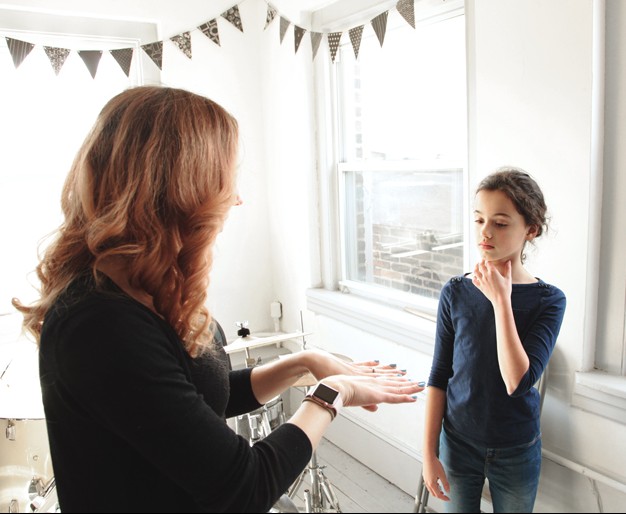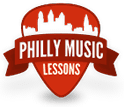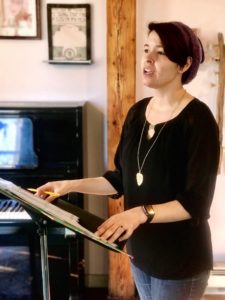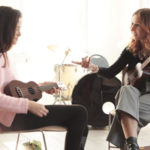
What’s My Voice Type?
Beginner voice students often ask this question. It feels reassuring to classify ourselves, to feel we belong somewhere. Plus, newer singers believe knowing your voice type gives them other information about their voice, such as their range. What seems like a simple question doesn’t have a simple answer though. To understand why, first learn what “my voice type” even means, why voice type exists, and why a singing novice might not be able to find their voice type.
What is Voice Type?
A “voice type” is the classification of voices based on certain qualities and characteristics of the voice. These characteristics include:
- Range: how high and low you can sing.
- Timbre: the “color” or quality of your voice.
- Vocal breaks: the shift in your voice between head and chest voice.
- and Tessitura: the part of your range you feel most comfortable singing in.
Men tend to have four options when it comes to voice type: countertenor, tenor, baritone, and bass. Women tend to have three options: soprano, mezzo-soprano, and contralto.
All of these variations depend on a number of physical elements just like they do in instruments. A cello has thicker strings than a violin, resulting in a lower range. Similar variations apply to the voice as well. Therefore, the variations in voice type depend largely on physical sex, but also on genre.
These identifications vary according to genre because different genres require different characteristics. A musical theater soprano may be considered a mezzo-soprano in opera because of the average range, tessitura, and timbre of the music.
Why Classify the Singing Voice
While some people like labels, others ask, “Who needs them?” There are pros and cons to identifying your voice type.
Pros
The number one benefit to knowing your voice type is for auditions. If you audition as a singer, the panel can get an immediate idea of your voice through your stated voice type. Why? Because the “rules” of voice type allow others to understand what characteristics your voice possesses.
Similarly, you can select music for yourself this way. If a song has a certain note you can’t reach, or spends a lot of time in a part of your voice you’re not comfortable with, you will know not to sing that song.
Cons
Identifying your voice type can become unintentionally limiting. Especially for younger or newer singing students, a voice type can make you feel boxed in to certain guidelines, discouraging you from exploring new songs.
Voice types are also hard to identify. The voice is a tricky instrument. It’s not like other instruments where you can see and feel exactly which notes the instrument can hit. Each voice is unique, and it can even change based on age, hormones, and more.
What’s My Voice Type Then?
Only a qualified voice teacher can help you identify your voice type. Even if you know your range right now, you may be able to extend it after learning different technical aspects of singing like posture, breathing, and more. And as stated above, no one element alone points to voice type. The subject is so complex, voice teachers have written entire books dedicated to it.
Again, the best way to find your voice type is to sign up for voice lessons today and learn all about your voice. Your voice type will reveal itself to you after developing a solid technique. And remember, it may take some time, but the process of discovery will be a lot of fun along the way.


